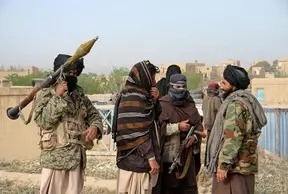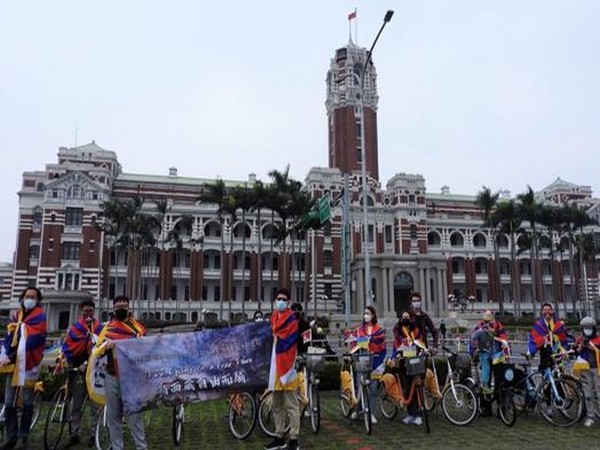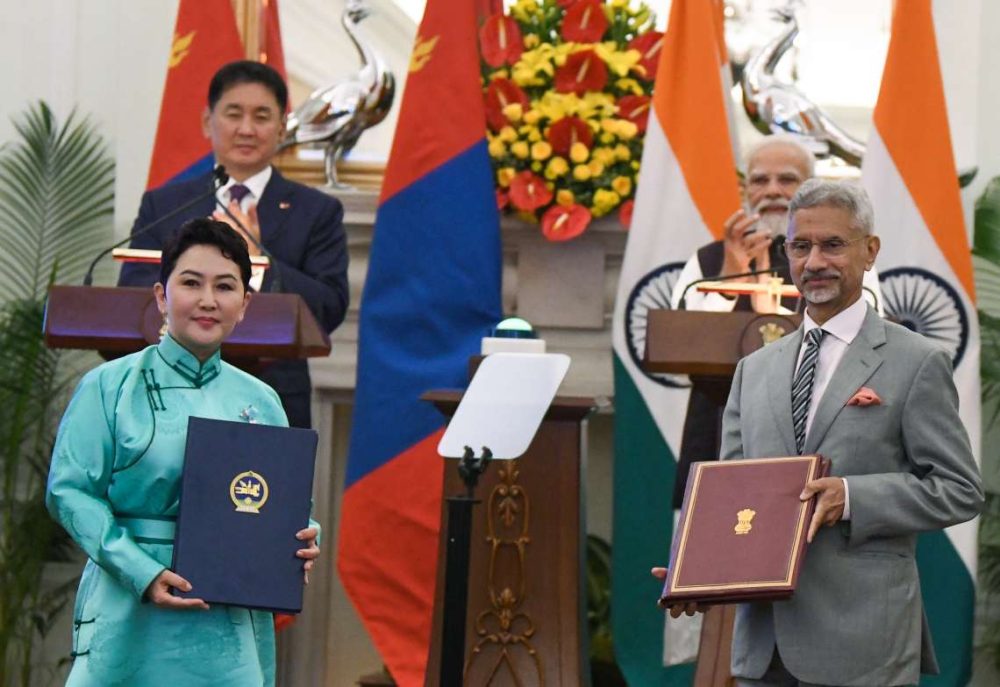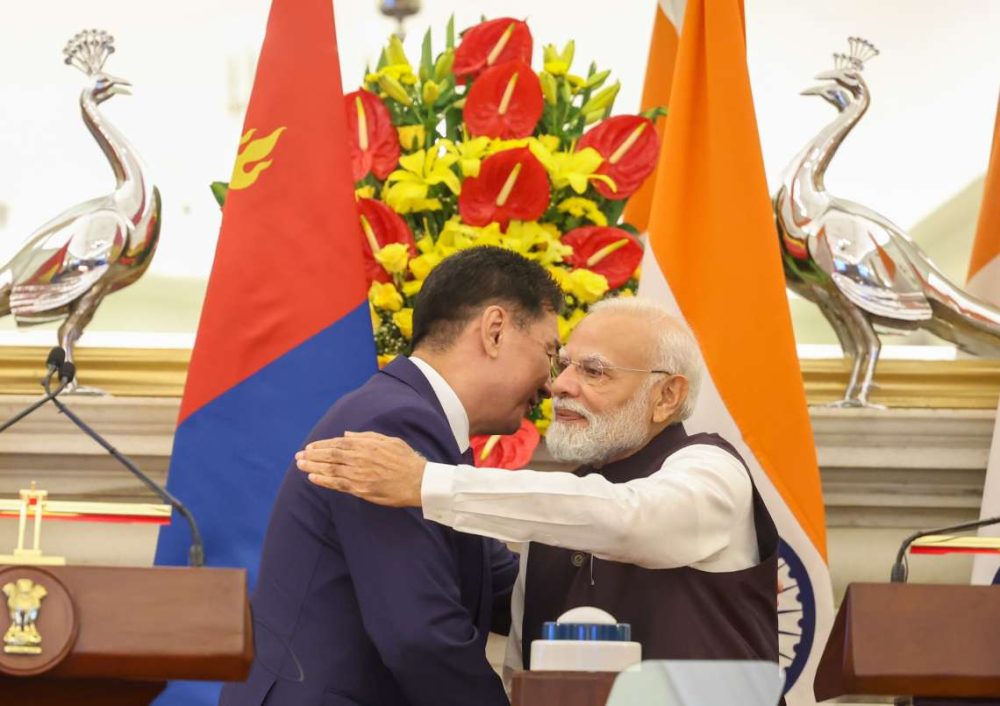Pakistan is planning to attack TTP’s hideouts across the border that it hosted for two decades and facilitated their regaining of Kabul…reports Asian Lite News
Frustrated with non-cooperation from Afghanistan’s rulers in fighting the rampaging Tehreek-e-Taliban Pakistan (TTP), Pakistan plans to attack the latter’s hideouts across the border, however, the move spells serious border trouble and failure of its Afghanistan policy, reported The Pakistan Military Monitor (PMM).
Any confrontation on the Af-Pak border that has already witnessed skirmishes would surely mean bigger tensions and frequent closure of access to a landlocked Afghanistan. For Pakistan, it means more Afghan refugees, more displacement of its own people, and greater militancy and violence. And for the world, a renewed conflict zone, reported PMM.
Pakistan is planning to attack TTP’s hideouts across the border that it hosted for two decades and facilitated their regaining of Kabul.
However, the Taliban is unwilling to evict their ideological brothers and want to use them as leverage against Islamabad and use it as a bargain to end global isolation, reported PMM.
Islamabad could unleash “Plan B”, Kamran Yousaf, a senior foreign affairs correspondent at The Express Tribune reported.
As per him, Pakistan no longer wants to talk to the TTP terrorists, estimated at 8,000 to 12,000 – their families adding up to 30,000. They are operating from the borderland where Pashtuns live on both sides. Instead, it wants Kabul to evict them, to which the latter has refused.
A civil-military Pakistani delegation returned from Kabul last week with assurances and sets of proposals, but nothing concrete, reported PMM.
Kamran Yousaf wrote, “While there is a push to seek the resolution of the TTP issues through appropriate channels, Pakistan is also working on a contingency plan. The sense is that Pakistan is preparing for the worst. In case the Afghan Taliban fail to address our concerns, there is a possibility of cross-border strikes targeting the TTP sanctuaries. Pakistan did carry out such strikes once last April to put pressure on the Afghan Taliban, though it never publicly owned those raids. This may be the policy going forward — targeting the TTP hideouts across the border without publicly acknowledging it.”
Islamabad could use this option soon enough given the frequent violent attacks, not just across the border but also in the heartland. Besides border posts, the TTP fighters have daringly attacked police and even military establishments, reported PMM.
Nearly 400 men in uniform have died eliminating the attackers and regaining control. The TTP stepped up attacks since it unilaterally ended a ceasefire last November.
Recurring violence spells domestic trouble for Prime Minister Shehbaz Sharif’s fledgling coalition government. Militant bodies and Islamist parties agitate in tandem to protest the rising prices of essential commodities.
The government is already fighting a serious economic crisis of depleting foreign exchange reserves, down to USD two billion. Desperate efforts for an economic bailout from the International Monetary Fund (IMF) have partially spurred a 33 per cent inflation.
Meanwhile, former Prime Minister Imran Khan, demanding early elections, is also trying to cash in.
“Plan B” carries more than one international angle. Yousaf says Kabul agreed to ‘relocate’ the hideouts of not just the TTP terrorists, but also Uyghurs, the Chinese nationals from Xinjiang belonging to the East Turkestan Islamic Movement (ETIM), estimated at 3,000, reported PMM.
However, Kabul would like Pakistan and China to bear the cost of moving the terrorists away from the respective borders. Both have so far rejected the idea and are trying to lean on the Afghan Taliban. (ANI)














